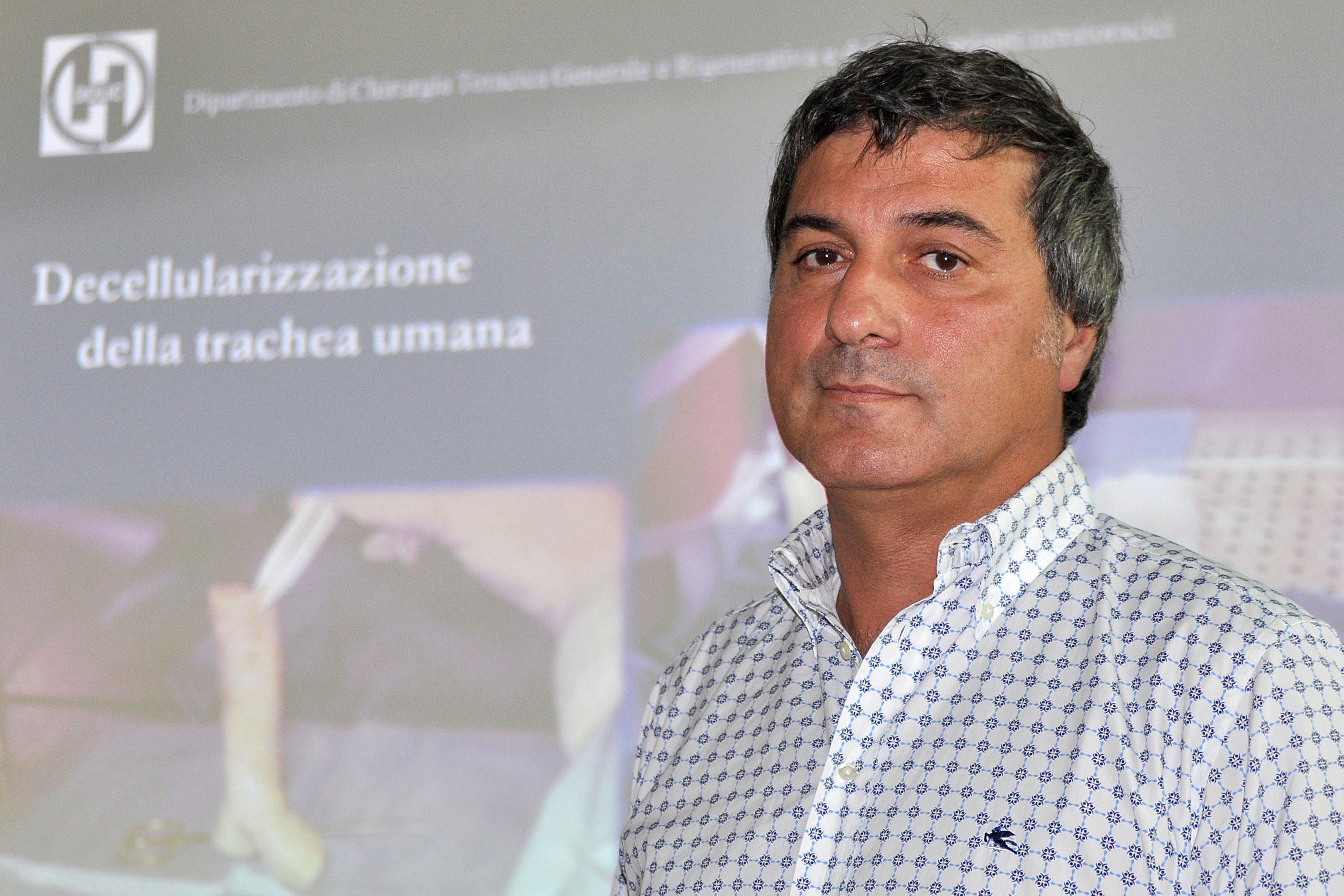Swedish appeals court ups surgeon's sentence for 'harm' during experimental windpipe transplants
A Swedish appeals court has upped a prison sentence for an Italian surgeon for causing bodily harm during experimental stem cell windpipe transplants on three patients who eventually died

Your support helps us to tell the story
From reproductive rights to climate change to Big Tech, The Independent is on the ground when the story is developing. Whether it's investigating the financials of Elon Musk's pro-Trump PAC or producing our latest documentary, 'The A Word', which shines a light on the American women fighting for reproductive rights, we know how important it is to parse out the facts from the messaging.
At such a critical moment in US history, we need reporters on the ground. Your donation allows us to keep sending journalists to speak to both sides of the story.
The Independent is trusted by Americans across the entire political spectrum. And unlike many other quality news outlets, we choose not to lock Americans out of our reporting and analysis with paywalls. We believe quality journalism should be available to everyone, paid for by those who can afford it.
Your support makes all the difference.A Swedish appeals court on Wednesday increased a prison sentence for an Italian surgeon over experimental stem cell windpipe transplants on three patients who died.
Dr. Paolo Macchiarini made headlines in 2011 for carrying out the world’s first stem cell windpipe transplants at Sweden’s leading hospital and had been sentenced to no prison time by a lower court.
But the Svea Court of Appeal concluded that there were no emergency situations among two of the three patients who later died, while the procedure on the third could not be justified. The appeals court sentenced the Italian scientist to two-and-a-half years in jail for causing the death of three people between 2011 and 2014.
“The patients have been caused bodily harm and suffering,” the appeals court said of the two men and one woman. The patients, it concluded, “could have lived for a not insignificant amount of time without the interventions.”
Macchiarini denied any criminal wrongdoing. Once considered a leading figure in regenerative medicine, Macchiarini has been credited with creating the world’s first windpipe partially made from a patient’s own stem cells.
On June 16 2022, the Solna District Court cleared Macchiarini of two charges of assault and gave him a suspended sentence in the third case.
In its ruling, the appeals court said that Pacchiarini “acted with intent of indifference.”
“Macchiarini realized the risk of the interventions would cause the patients bodily harm and suffering and that he, even though he has had a hope that the method would work, has been indifferent to the risks’ realization."
Macchiarini was fired from Sweden's Karolinska Institute in March 2016 for breaching medical ethics after being accused of falsifying his resume and misrepresenting his work. In December 2018, Sweden decided to reopen a previously discontinued investigation into three cases.
He was alleged by authorities to have operated inappropriately on the same three people between 2011 and 2014 who later died, but Maccharini was not accused of killing the patients.
When Macchiarini’s first windpipe transplant was reported in the medical journal Lancet in 2008, it was hailed as a breakthrough in regenerative medicine. Macchiarini’s new airway — partly made using the patient’s stem cells — was thought to herald a new era where new organs could be made in the laboratory.
He provided artificial windpipes to 20 patients from countries that included Spain, Russian, Iceland, Britain and the United States.
Critics say Macchiarini skirted medical ethics to carry out dangerous procedures with no proven benefit and that he fabricated descriptions of his patients’ conditions.
In 2019, an Italian court sentenced Macchiarini to 16 months in prison for forging documents and for abuse of office.
Despite an independent Swedish commission finding numerous problems in Macchiarini’s work, he disputed the accusations, saying they were false.